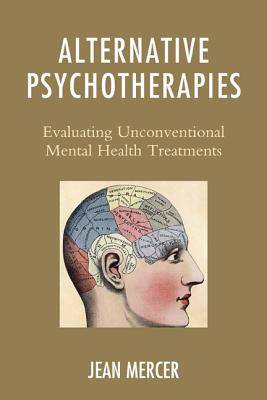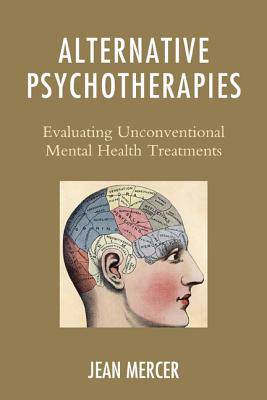
- Retrait gratuit dans votre magasin Club
- 7.000.000 titres dans notre catalogue
- Payer en toute sécurité
- Toujours un magasin près de chez vous
- Retrait gratuit dans votre magasin Club
- 7.000.0000 titres dans notre catalogue
- Payer en toute sécurité
- Toujours un magasin près de chez vous
Alternative Psychotherapies
Evaluating Unconventional Mental Health Treatments
Jean Mercer
Livre relié | Anglais
175,95 €
+ 351 points
Description
Alternative Psychotherapies: Evaluating Unconventional Mental Health Treatments addresses concerns about current and newly-emerging mental health treatments that are considered "unconventional." In a parallel to complementary and alternative medical treatments, alternative psychotherapies lack research support, are at odds with established information about human personality and development, and may actually be harmful. Professionals and students in the helping professions may find such treatments confusing and difficult to differentiate from emerging therapies that have not yet established a foundation of evidence; this is especially problematic if clients propose using unconventional therapies they have found on the Internet. Alternative Psychotherapies examines a series of unconventional treatments in terms of the research supporting them, their theoretical and historical backgrounds, and the potential or documented adverse events that may be associated with them. Therapies for both adults and children are included, and topics range from recovered memory therapies to bodywork to treatments for autism and to special education issues. Alternative psychotherapies frequently share certain historical backgrounds, and psychotherapists can use historical insights as well as an understanding of basic research rules and psychological theory to identify unconventional treatments other than the ones discussed. The book concludes with a discussion of the advantages and disadvantages of greater regulation of alternative therapies, as compared to the current situation in which few mental health interventions are banned or limited by law.
Spécifications
Parties prenantes
- Auteur(s) :
- Editeur:
Contenu
- Nombre de pages :
- 238
- Langue:
- Anglais
Caractéristiques
- EAN:
- 9781442234918
- Date de parution :
- 30-07-14
- Format:
- Livre relié
- Format numérique:
- Ongenaaid / garenloos gebonden
- Dimensions :
- 160 mm x 237 mm
- Poids :
- 494 g

Les avis
Nous publions uniquement les avis qui respectent les conditions requises. Consultez nos conditions pour les avis.






